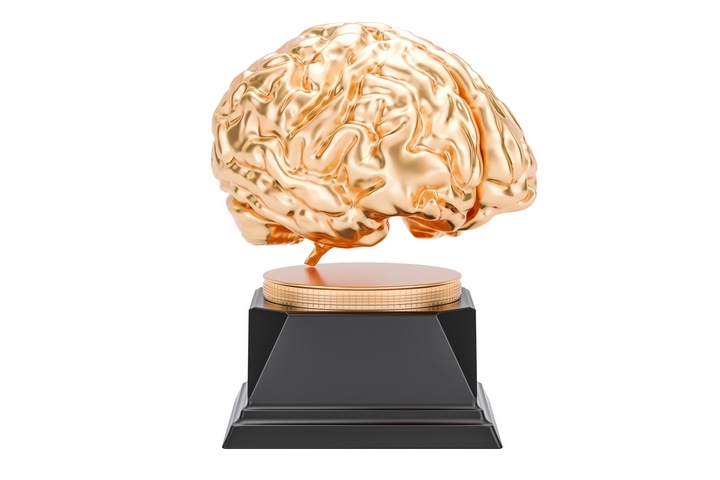
In the world of psychology today, there are many therapy and psychotherapy services available for individuals struggling with mental health issues or other emotional problems.
It can be a challenge to determine what you need if you are experiencing psychological problems, however, there are numerous professionals who can help guide you in the right direction.
Jungian therapy is a type of therapy directed towards individual wholeness and balance by reconciling an individual’s conscious and unconscious mind, experiences and patterns. As with any form of psychological therapy, it is ideal for certain individuals but not for others. To learn more about Jungian therapy and whether it is right for you, read below for an understanding of the origination, uses and techniques.
1. Origination
Jungian therapy is derived from a Swiss psychologist and psychiatrist by the name of Carl Jung. Sigmund Freud, the father of psychology, was an influencer for Jung’s work in the early days as both psychologists believed in the ideas of the human unconsciousness. However, Jung later publicly criticized some of Freud’s theories and went his separate way to begin devising his own theories.
In Jung’s career, he explored ideas of the unconscious, significance of dreams, understanding of the whole self and archetypes. Based off of Jung’s work, Jungian therapy focuses on talk therapy and analysis to bring together the conscious and unconscious self in order for the individual to feel balanced and whole.
2. Uses
Jungian therapy is ideal for those that struggle with depression, anxiety, phobias, grief, relationship issues, trauma or any other deep rooted emotional problems. Anyone desiring a deeper understanding of themselves, who is willing to commit to the work involved with delving into the unconscious, would benefit from Jungian therapy as well.
More specifically, Jungian therapy is useful in times when people feel discouraged, uncertain, lost, angry without knowing why, nervous about starting a new phase of life and making the same mistakes as in the past and stuck repeating behaviours that promote unhappiness.
If you are unsure of whether Jungian therapy is right for you, it is best to reach out to a professional in this field of work to answer any queries you have.
3. Techniques
Talking is a core part of Jungian therapy, although, individuals can also expect dream journaling and interpretation, creative expression like art, music and dance, and imagination exploration. Another technique that is commonly used is word association tests whereby the therapist states a word and analyzes the response time and the answer the patient gives.
Jungian therapy focuses on the source of psychological issues as opposed to the symptoms. Carl Jung believed that people’s problems are a result of individual suppressed experiences in conjunction with the “collective unconscious”, otherwise known as natural traits that everyone has.
A disparity arises between the conscious self, what we remember and know about ourselves, and the unknown individual and collective unconsciousness. Jungian therapy uses a variety of techniques to reconcile the individual and collective unconsciousness. Uncovering information within the individual and collective unconscious requires dedication and commitment, however, relieving the source of the problem has long term psychological benefits.
4. Expectations
Another component of Jungian therapy is the identification of recurring complexes and personality traits. A complex is a need or motive that arises from our personal experiences and collective unconscious, most have a variety of complexes. An example of a complex is the Achilles Complex which is defined as the need to hide one’s own fragility from others.
Personality traits are highly useful for understanding ourselves and our actions. The Myers-Briggs test is generally used to identify an individual’s personality traits, such as introversion versus extroversion. Understanding other personality traits can help identify how we make decisions and what our tendencies are.












